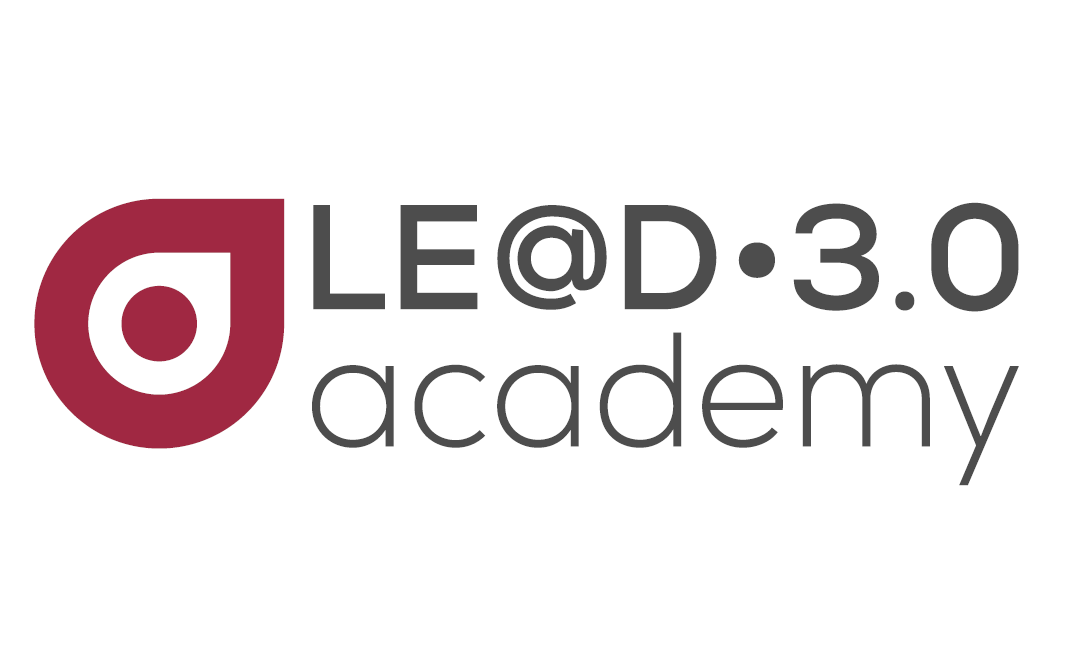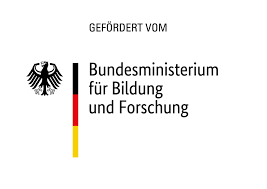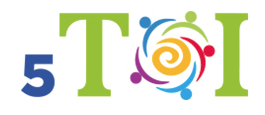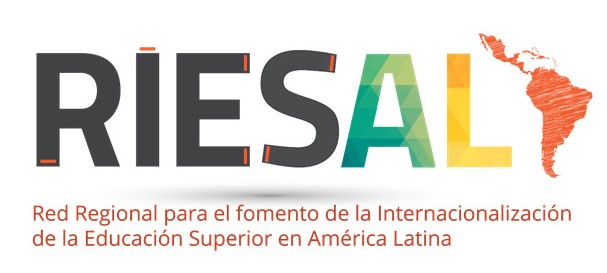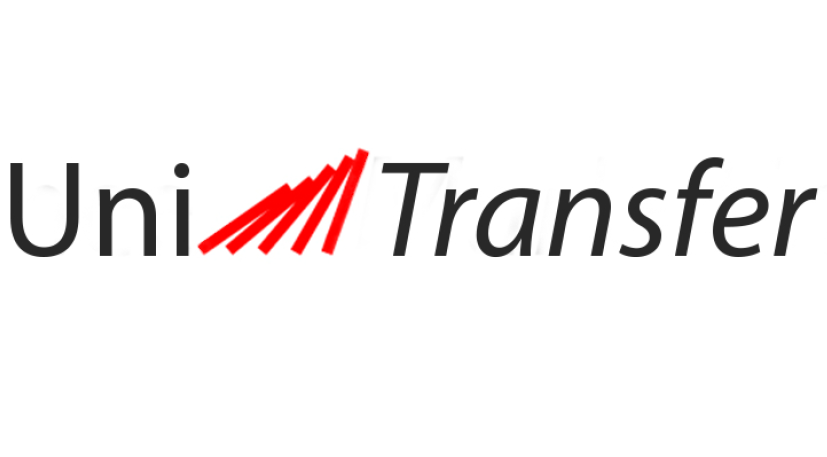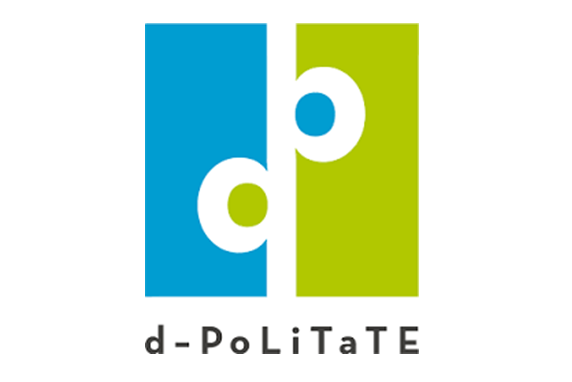
Managing Digital Transformation
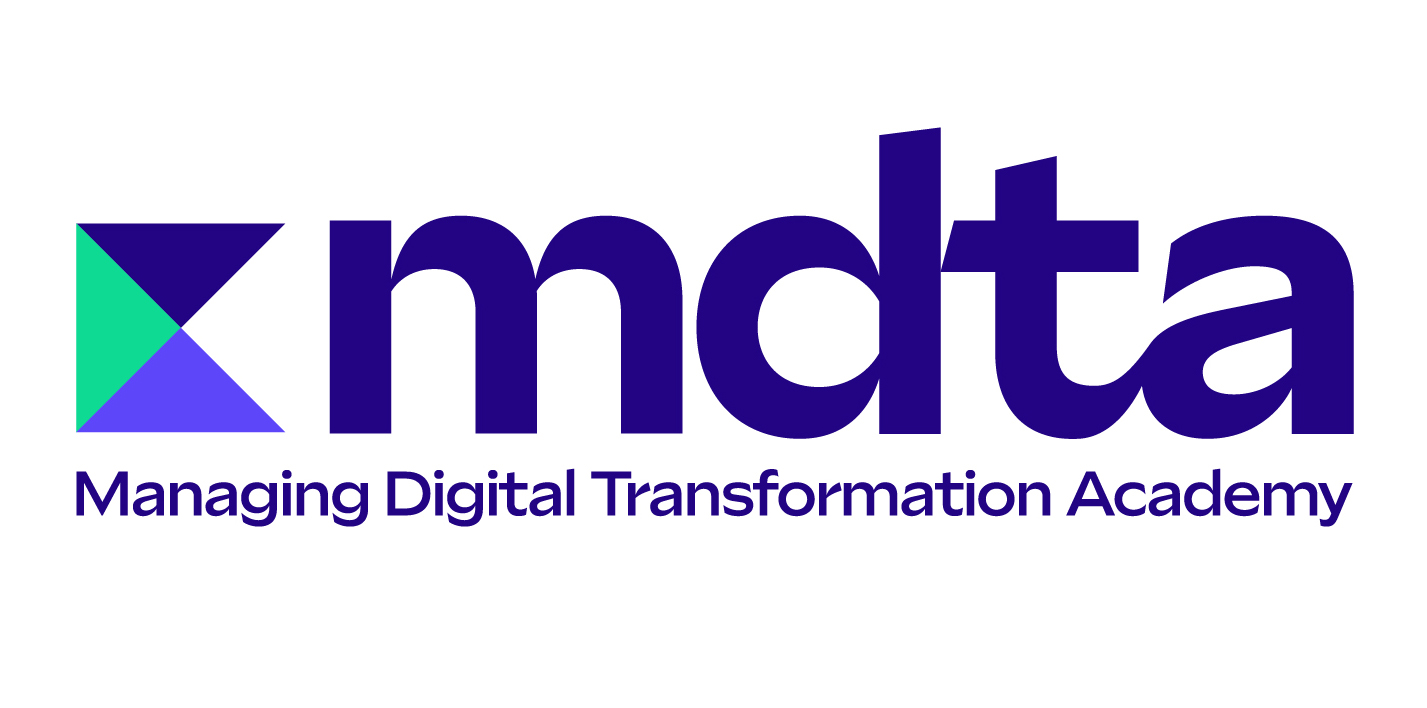
New and emerging digital disruptive technologies - such as Artificial Intelligence (AI), Social Media, Big Data, Smart Devices, Internet of Things (IoT) - create new business challenges and change the traditional value creation paradigm. Industry 4.0 presents organizations with challenging problems requiring new approaches and solutions. Digitalization opens new opportunities and intensifies and accelerates the rate of innovation. The need for professionals able to develop and implement strategies and tactics addressing the digital transformation by businesses, organizations and governments is high and urgent. Not just hard, digital skills, but also soft skills to guide organizations through the whole process of digital transformation. However, the shortage of staff with specialized and multidisciplinary skills and knowledge is the biggest barrier for organizations.

Value & Future
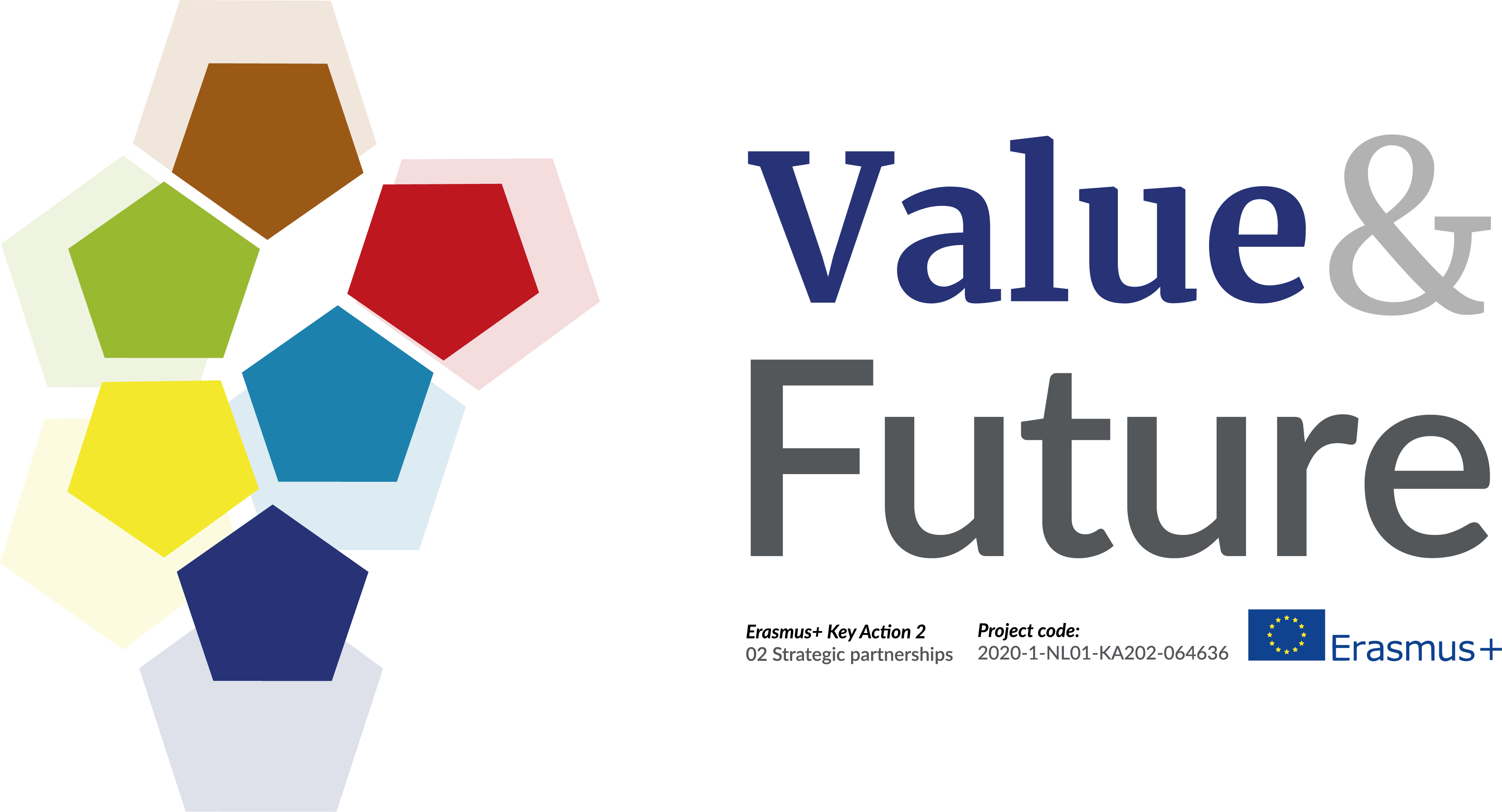
Sustainable, future proof entrepreneurship is based on ethics and values. This is the motto of project Value and Future, an innovative project that connects 6 partners in Europe with a common goal: to empower young people towards ethical entrepreneurship and leadership, inspired by role models.

CSI - CustomDigiTeach
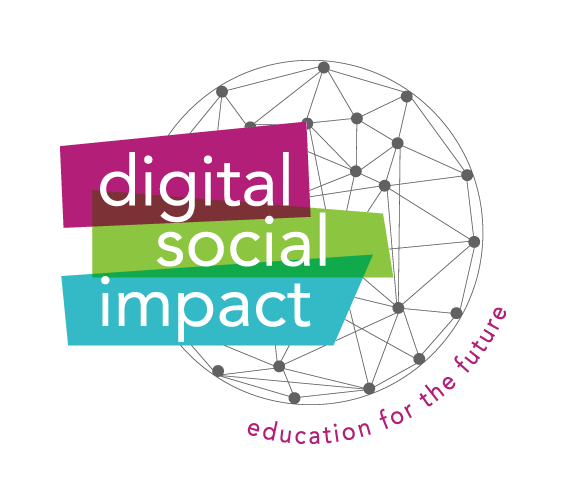
Creating social impact through customized digital teaching formats
The European Commission's latest Higher Education Modernisation Agenda highlights the transformative role of universities in the society. Precisely, rather than being actors of only economic impact, HEIs need to strengthen their 'civic' responsibilities. Despite the argued relevance for more social engagement, respective societal engagement mechanisms have not been well developed in the HEIs. Indeed, latest numbers show that universities still have relatively more technology transfer offices than civic engagement offices.

münster.land.leben
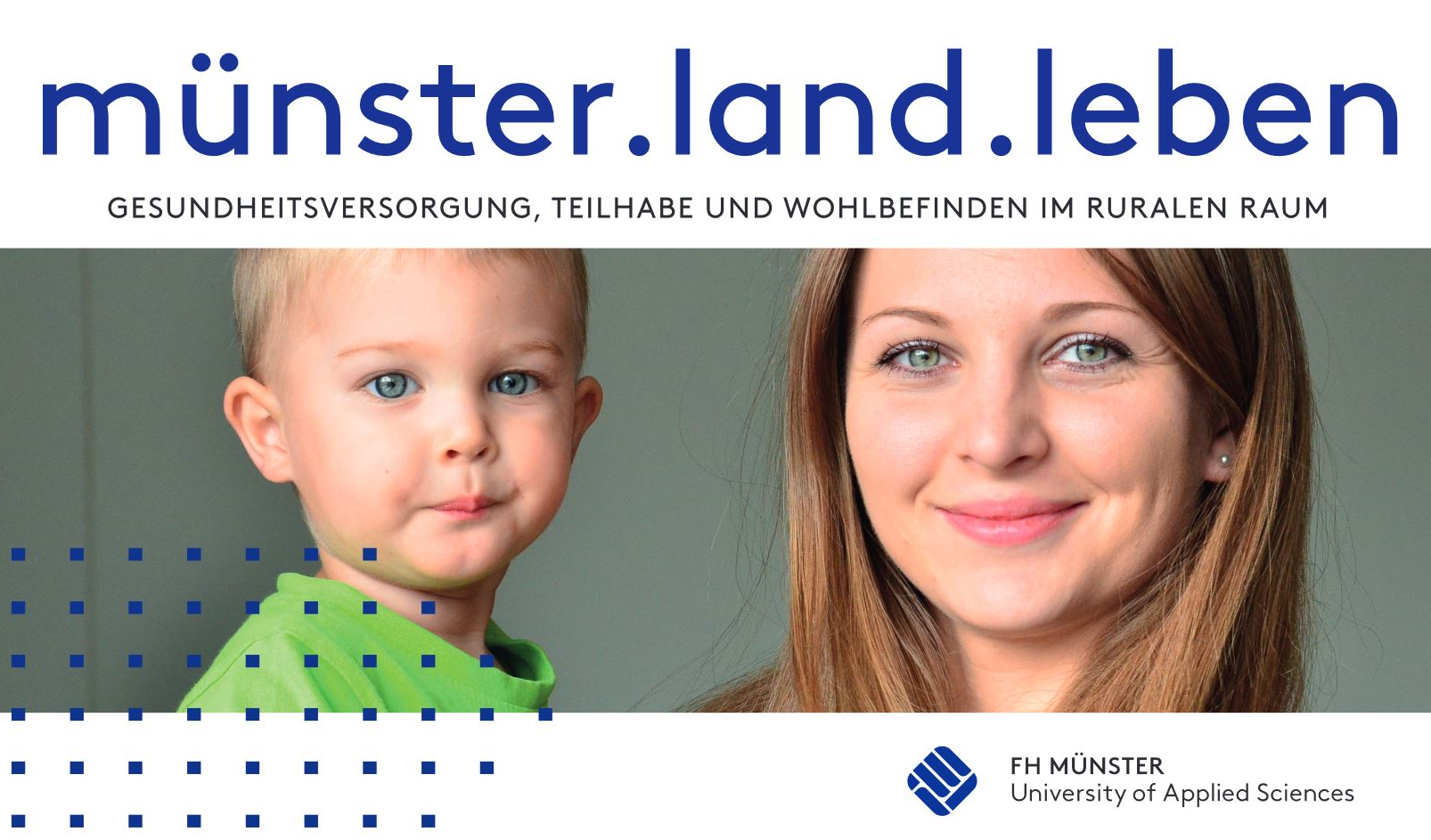
The münster.land.leben project of the funding initiative "Innovative University" addresses some of the major societal challenges: healthcare, participation and well-being of residents in the rural area of Münsterland. The project consists of 13 sub-projects to bring innovative solutions for promoting health and well-being of residents in the region.


FABLE
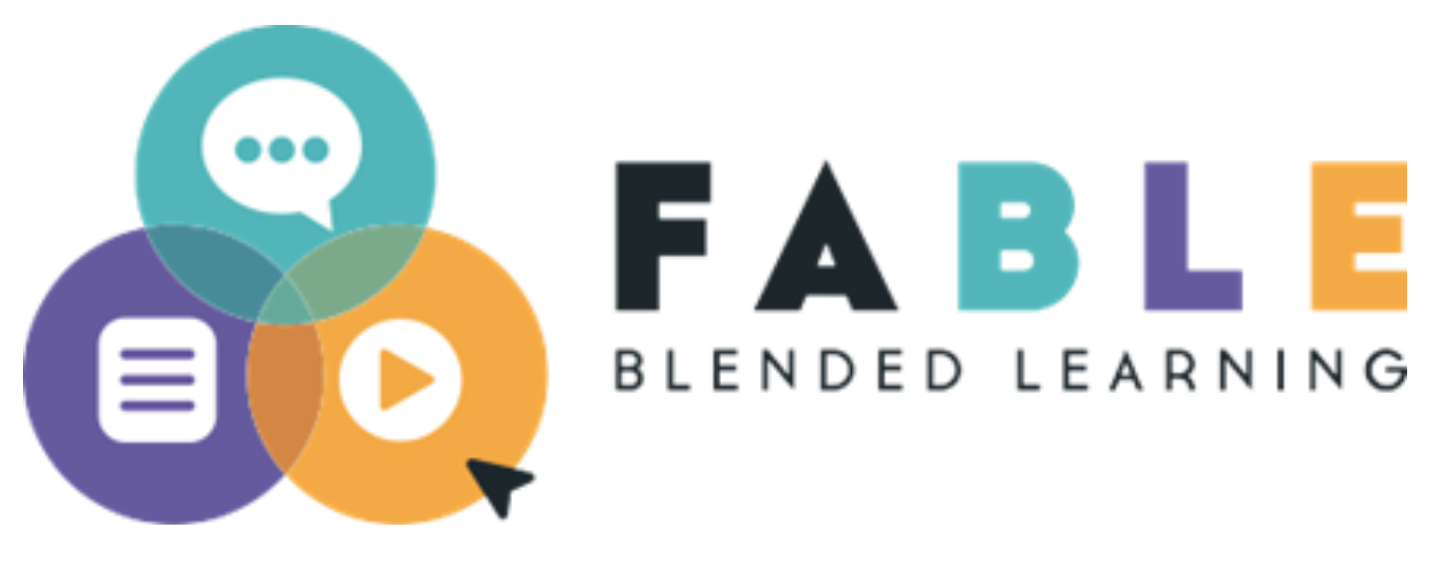
Training Faculty on Blended Learning

Boundary Spanners
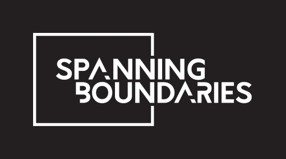
After the launch of the Europe 2020 strategy and the EU Growth Agenda, Europe has taken the path to create a more connected relationship between society, government, business and higher education institutions (HEIs) in order to increase employment, productivity and social cohesion. However, despite the strong policy support, cooperation among the key actors in Europe is still in the early stages of development, and their interaction remains insufficient. In that, the recent reports by EU Smart Specialisation Platform and JRC particularly emphasize the need for "boundary spanners" in the innovation ecosystem, individuals who have deep understanding of both business and academia. This capacity is increasingly deemed crucial among the university staff in the entrepreneurial discovery and smart specialisation processes of the HEIs, to support transfer and exchange of knowledge. The nature of the barriers that hinder regional engagement include "lack of 'boundary spanning skills in the university" and "lack of leadership to drive change".

Digital Innovation
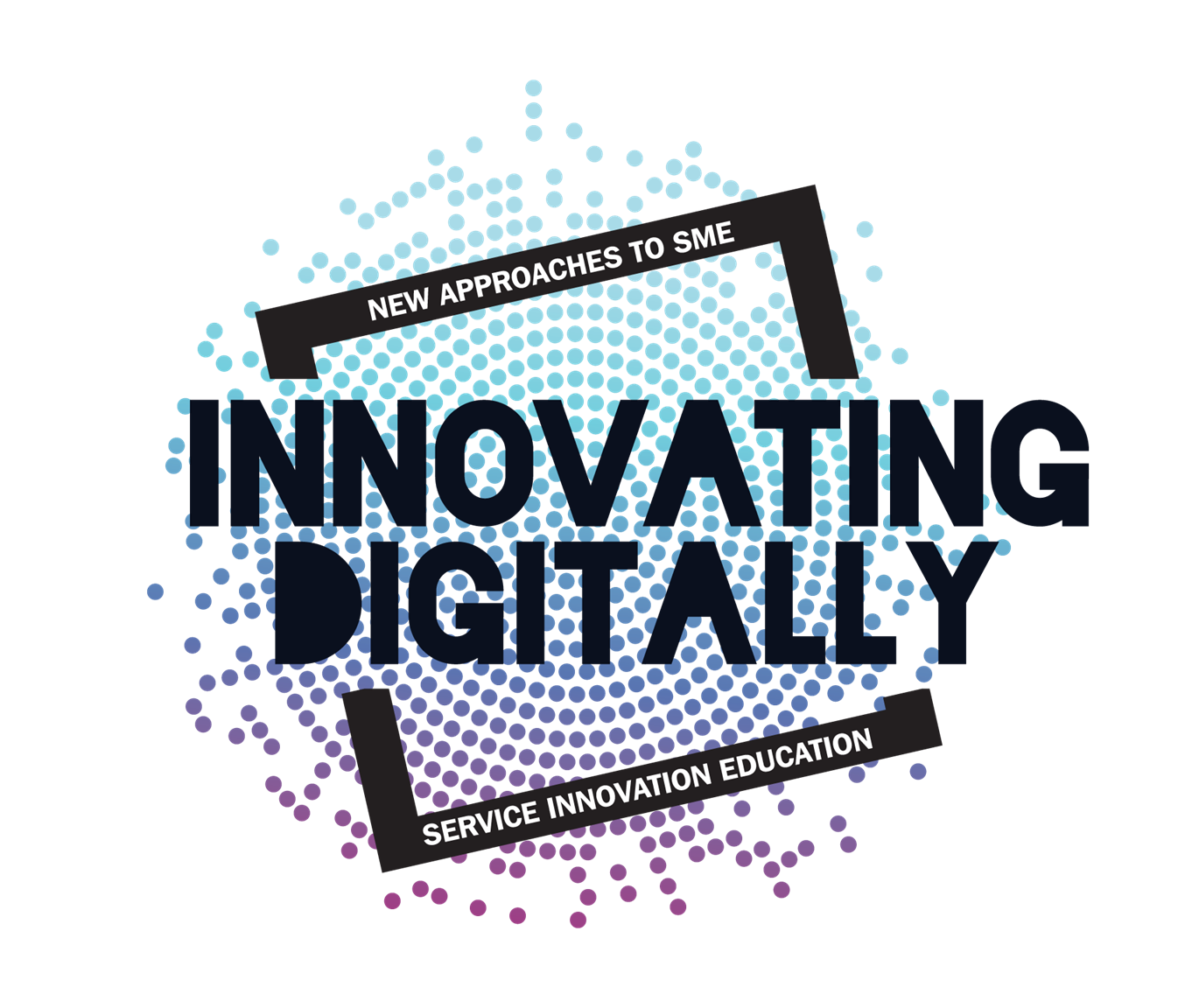
Nowadays, especially small companies are struggling to make use of their digital innovation capacity, in particular in terms of service offerings, although a wide range of possibilities are waiting for them. Based on this need for improvement, the Digital Innovation project has been developed by six European partners and accepted as Erasmus+ project.

Triple L-T
Science-to-Society: Tripl-L and T (Lengerich, Ladbergen, Lienen, and Tecklenburg)
Four neighboring communities in the northern Münsterland region and the district of Steinfurt are looking for development potential for the future. Each of the communities has its own strengths but also its own challenges.

Pioneering Innovative Food for Seniors (PIFS)
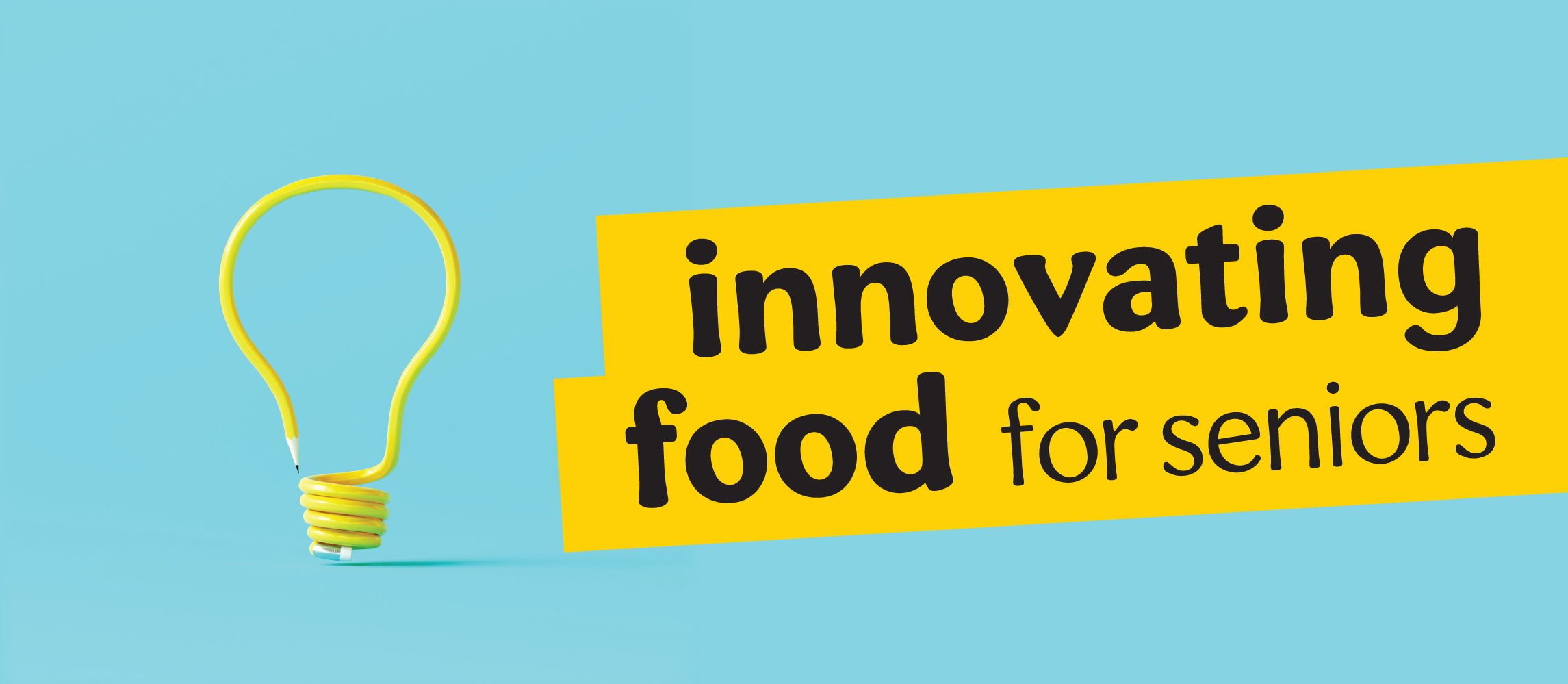
In response to the increasing demand for new food products and services within the Silver Economy, the Pioneering Innovative Food for Seniors (PIFS) is a transformative project that aims at creating a lasting impact for food businesses, particularly small and medium-sized enterprises (SMEs) and their employees, by introducing innovative methods to enhance companies' critical innovation and entrepreneurial skills. Our project targets food SMEs with up-to-date knowledge and innovation skills necessary to capitalize on this niche market opportunity, and the vocational education and training (VET) sector to help them grow their businesses and empower senior consumers with wider food choices.

UNLOCK: Creativity in HEIs through game design approach
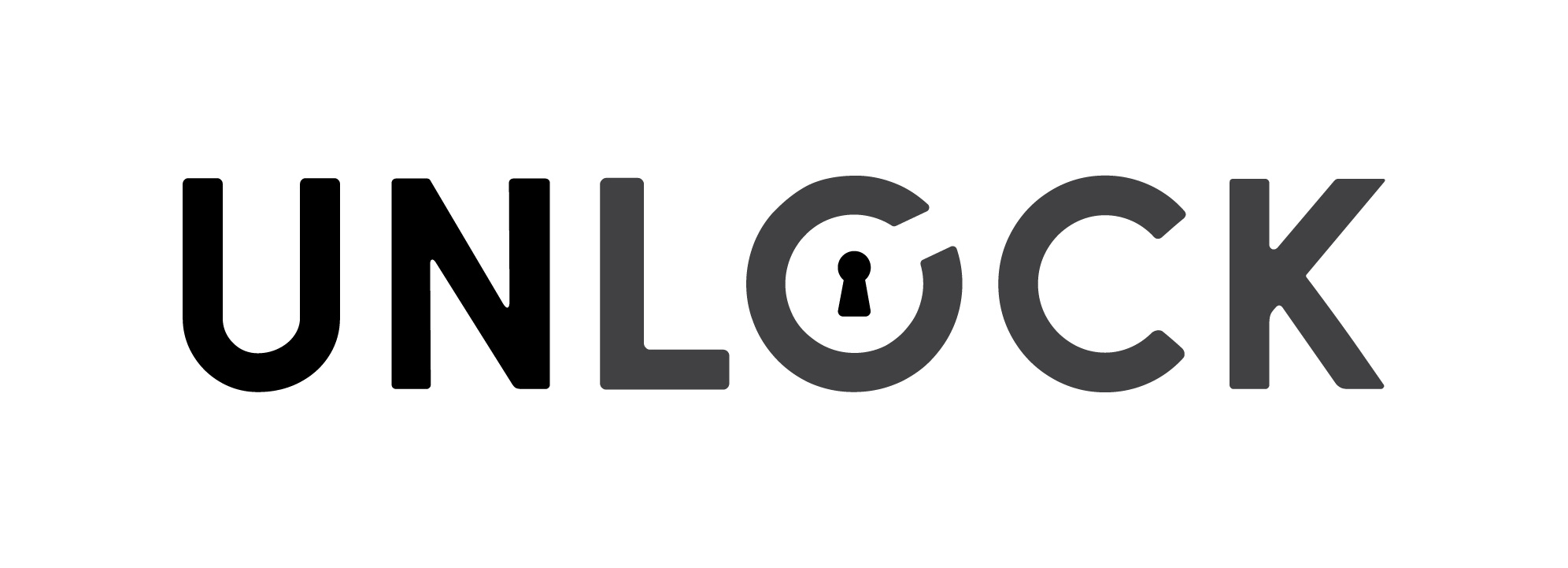
The Erasmus+ UNLOCK project - Creativity in HEIs through a game design approach - aims to equip Higher Education Institutions (HEIs) with the knowledge, attitudes and skills required to design, set and facilitate escape room games in learning experiences and stimulate entrepreneurial skills in both students and educators, aiming at strengthening employability, creativity and new professional paths.

EXIST Potentiale

We want to inspire, empower and support potential entrepreneurs - innovation-oriented, individualized and person-focused, interdisciplinary, cross-organizational and quality-based - and continuously develop our ecosystem further cooperatively.

How we are fuelling the Third Mission with gentle "nudging"
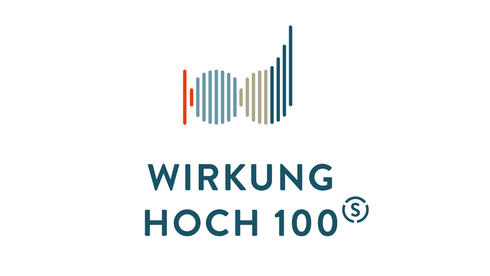
In the understanding that universities could have a larger impact on societal progress via their academics, we have developed nudges aiming to inspire academics to co-create with society. Nudges are subtle hints or cues to inspire behaviours.

Advancing Rural Development through Entrepreneurship Education for Adults (ARDENT)
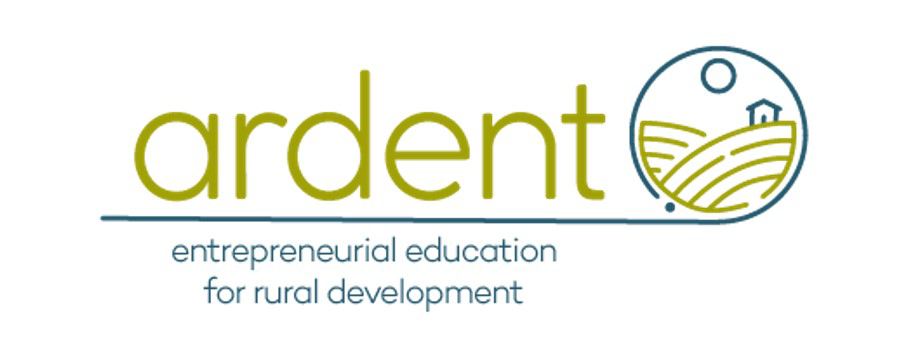
ARDENT project is targeted to adult learners in the rural communities (aged 25 and over) of various professional backgrounds possessing some formal education but currently unemployed. It aims at improving the transfer of competences from HEIs in the sense of lifelong further learning to the adult communities in rural areas, to seed in them the basis to become job creators and not job seekers. Through a Community-Based Learning (CBL) approach to entrepreneurial skills development among adult learners, ARDENT seeks to integrate them into a process where they need to generate creative solutions to real-life challenges of rural communities. In this way, the university is able to engage with the society and achieve synergies through lifelong learning in the form of entrepreneurship to promote rural development.

Building Digital Marketing Competences

In order to enter the professional world, current job advertisements for marketing professions require the "egg-laying woolly-milk-sow". A more detailed analysis of the job advertisements requires skills in marketing strategy, data analytics, web tracking, e-commerce, digital marketing and content marketing, which ideally go hand in hand with skills in design and programming.
Newcomers should in particular have understood the functions of social media and search engines and be able to steer these by skilful application of Search Engine Optimization (SEO), Search Engine Advertisement (SEA) and Social Media Advertising (SMA). Furthermore, a professional handling of various web analysis tools is required.
The course focuses on building the skills required in today's digital world. Through digital teaching methods and interdisciplinary content, students are optimally prepared for an environment that is becoming increasingly digital. In this way, competencies in the areas of marketing strategy, data analytics, web tracking, e-commerce, digital marketing and content marketing are built up.

Managing Disruptive Change (MaDiC)
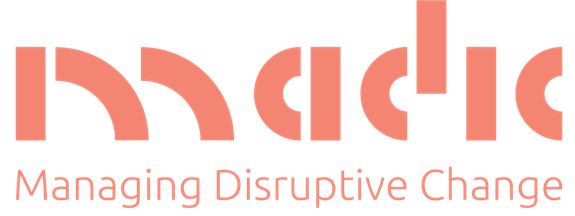
Companies today are increasingly and severely affected by disruptive changes. Examples of changes in the last 25 years are financial and economic crises, reunification, globalisation of markets, digitisation or the energy revolution. The pace at which these changes are occurring in the corporate environment is accelerating. These changes may not only affect the success of companies, in the worst case the existence of the companies is also at stake. However, disruptive changes do not necessarily need to be seen as a danger to which one must respond. Rather, disruptive changes can also be designed proactively, i.e. used strategically or even initiated. They offer opportunities and can lead to a sustained competitive advantage for companies.
In a three-year project funded by the Federal Ministry of Education and Research, Münster University of Applied Sciences is therefore dedicated to making these disruptive changes manageable for small and medium-sized enterprises.
The research project focuses on these micro- and macro-environmentally relevant disruptive changes in economic sectors and the question of how companies can counter these with the involvement of universities.

WISE

WISE is an Erasmus+ project developed by six European partners. It aims to foster innovation, growth and jobs by increasing the number of female entrepreneurs in Science, Technology, Engineering and Mathematics (STEM). We will create innovative business alliances to support the access and quality of the training that female students receive from entrepreneurship VET institutions. We focus on Regional mapping and overview of STEM good practices on training programs, and policy and government interventions; business alliances and action plans; curricula and open educational resources; open online learning and knowledge exchange platform, and, learning placements framework.

Creativity & Innovation Management
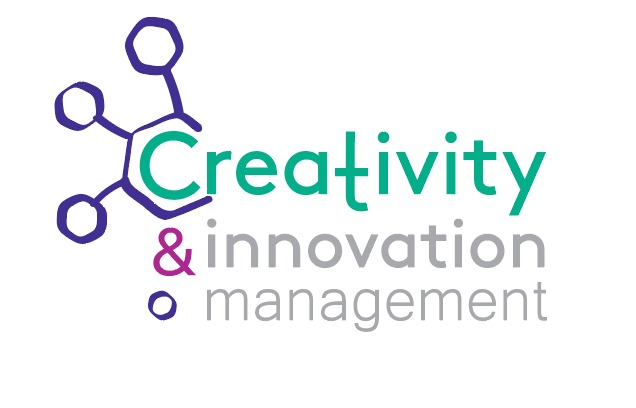
Creativity has been increasingly on the agenda of scientists, professionals and policymakers in recent years. It is the prerequisite for change, for alternative ideas and solutions, for innovation. The European Commission's EntreComp report, published in 2016, also describes the development of entrepreneurial skills and competences as an important political goal, highlighting creativity as one of a total of 15 relevant key competences. As an innovative university, Münster University of Applied Sciences does not only need to speak about creativity and diversity but also to give students access to the development of their own creativity. Despite the great general interest in the topic, the promotion of creativity has not yet been anchored in the curriculum of the students of the Department of Economics at the University of Applied Sciences Münster. Therefore, the goal of this project is to integrate the promotion of creative competencies into the curriculum. In addition to the lectures and the teaching of content, the new format also includes project- and problem-based learning. In addition, digital collaboration tools such as Trello or Slack are used to teach students digital method skills in professional practice.

SME Innovation Course
Development of a blended learning offer on "SME Innovation Management". Specifically targeting innovation in the small and medium-sized companies in the Münster region, this course will make use case studies, videos, games etc. and will be offered to Bachelor students at Münster University of Applied Sciences.

Quintuple Helix Approach to Targeted Open Innovation in Energy, Water, Agriculture in the South Mediterranean Neighborhood (5 TOI_EWAS
The 5TOI_4EWAS project backs a very inclusive innovation policy implementation path as well as the Horizon 2020 objectives for encouraging the research and innovation cooperation between the Union and Southern Mediterranean Neighbourhood (Topic: INT-02-2015). 5TOI_4EWAS proposes a radically new way to generate innovation in the South Mediterranean Neighborhood, based on the innovation ecosystem created by the Research 2 Innovation projects funded within the 7FP. Under the Quintuple helix model, involving the widest possible range of stakeholders, the project will focus on three key challenges - Food, Energy and Water through the Nexus approach - as these issues are obviously at the top of the Research and Innovation agenda in MPC countries.
The project will enhance and support regional smart specialization and development by increasing research capacity, effective mobility of young innovators/researchers and shared knowledge to improve their participation in the EU research area. It will contribute to the establishment of favourable and stable conditions for international cooperation and the set-up of a Common Knowledge and Innovation Space of specialization in the SMN for a real socio-economic impact, based on co-ownership and mutual benefits.

The State of University-Business Cooperation in Europe
The project has been conducted during 2016 and 2017 by a consortium led by the Science-to-Business Marketing Research Centre, Germany for the DG Education and Culture, European Commission. The aim of the project was to get a more profound, comprehensive and up to date understanding of the state of University-Business Cooperation (UBC) in Europe, from the perspective of both the higher education institutions (HEIs) and the business sector.

Global University Engagement Monitor (GUEM)
This major study is a global benchmarking initiative to establish a global monitor for State of University-Business Cooperation and University Engagement supported by the European Commission and involving the University of Adelaide, Science-to-Business Marketing Research Centre and University Industry Innovation Network. It includes the creation of national reports (one business and one higher education perspective) for 26 European countries as well as countries from the Middle East, Latin America, Asia, Africa and Australia. Together with the European study, GUEM is set to become the largest benchmarking initiative for University-Business Cooperation and University Engagement.

Integrating Entrepreneurship and Work Experience in Higher Education (WEXHE)

Red regional para el fomento de la Internacionalización de la Educación Superior en América Latina (RIESAL)

Tomorrow's Land
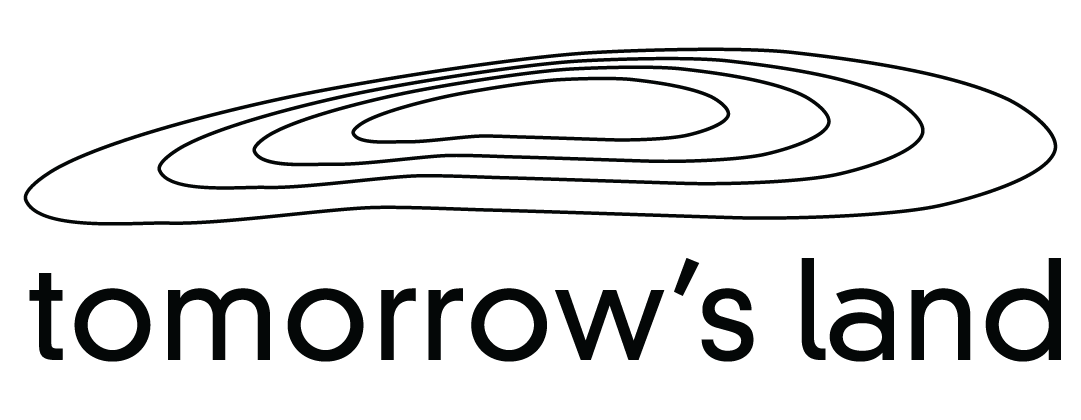
Tomorrow's Land aims at fostering the creation of the next generation of social innovators who will influence and develop a more inclusive society. Six European partner organisations including Regenerus (UK), Münster University of Applied Sciences (Germany), Advancis (Portugal), Bespoke (Denmark), POLIMI (Italy), SIC (Latvia) are working together to support social innovators in the European context. The partners' aim is to better prepare this next generation to tackle the growing problems within our society. Throughout the project, consortium will create resources to support educators who are training young social innovators, the people working to develop practical new solutions to social challenges.

Social Design Thinking
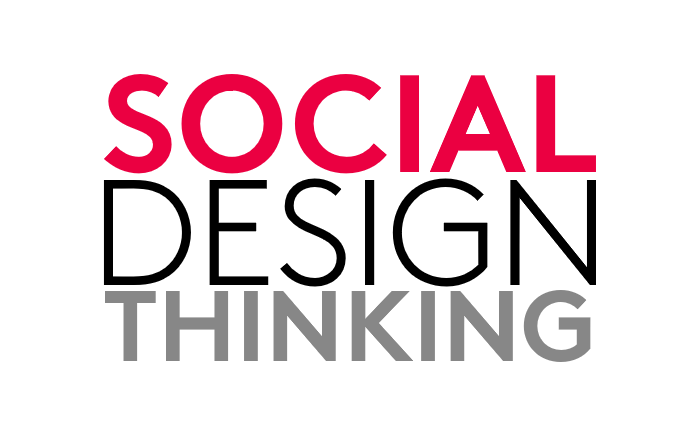
Social design thinking (SDT) project aims at designing a course that provides students an introduction to design thinking as applied to social innovation and social entrepreneurship, as well as hands-on opportunities to apply these principles real-time, creating solutions to specific challenges faced by local communities in Münster and Münsterland. SDT will engage international bachelor student from different faculties to co-create together with communities and organizations better solutions for the City.


d-PoLiTaTE
d-PoLiTaTE - Development of a training programme for leaders in Technology Transfer (Desarollo de Programa para Líderes en Transferencia Tecnológica)
The main topics of the project were to develop a program for research transfer managers throughout Latin America and the European units, to stimulate learning processes and to deepen mutual relations. This includes, above all, the analysis of the research transfer processes of the participating institutions and their specific experiences and knowledge of the regions. Proven strategies and activities should be documented and thus the training of specialists in research transfer should be supported. The findings and results of the projects have been documented in a joint publication in order to ensure the continuation and lasting impact of the project.

Le@d3.0 Academy
